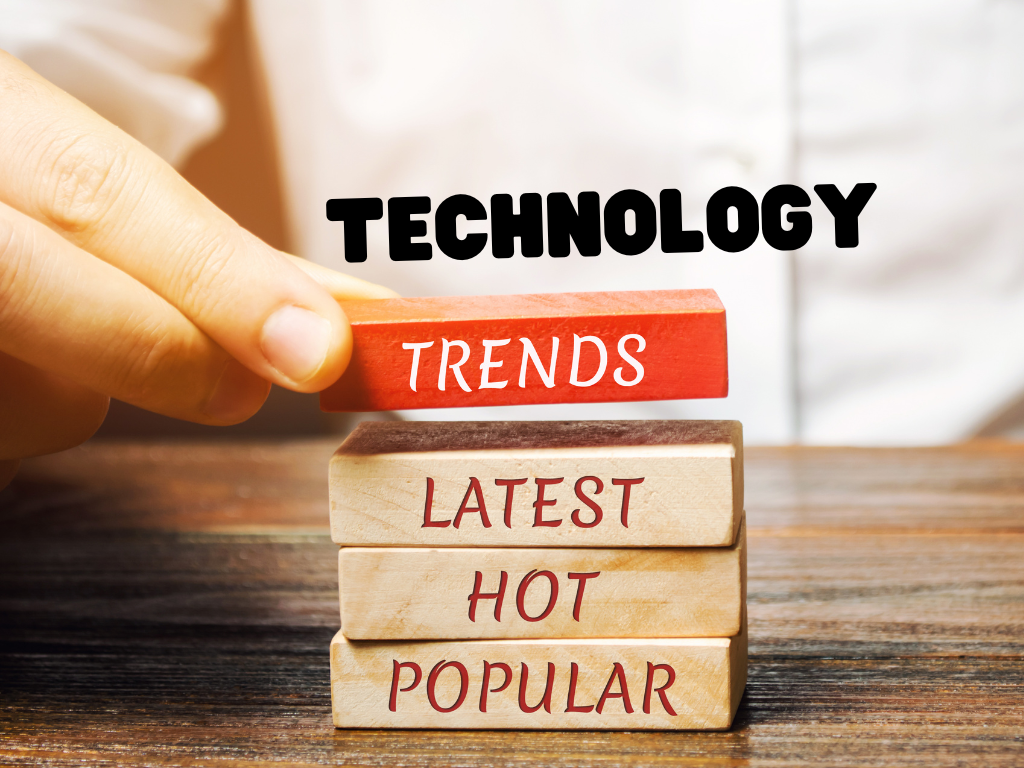As technology evolves rapidly, several transformative trends are also reshaping the way we work, pushing the boundaries of productivity, efficiency, and collaboration. From artificial intelligence (AI) to augmented reality (AR), these technologies are not just changing the tools we use but fundamentally altering the nature of work itself.
In this blog, we will explore some of the key transformative technology trends that shaped and continuously shaped the world and their impact on the modern workplace.
1. Artificial Intelligence (AI) and Machine Learning (ML)

AI and ML have become integral components of various industries, automating repetitive tasks and enabling smarter decision-making. In the workplace, AI algorithms can analyze large datasets to identify patterns, predict trends, and optimize processes. For example, in customer support, AI-powered chatbots can provide instant assistance, freeing up human agents to focus on more complex issues.
2. Remote Collaboration Tools
The global shift towards remote work has accelerated the development and adoption of collaboration tools. Platforms like Zoom, Microsoft Teams, and Slack facilitate seamless communication and collaboration among remote teams. Video conferencing, file sharing, and real-time collaboration features have become essential for maintaining productivity in a distributed workforce.
3. Augmented Reality (AR) and Virtual Reality (VR)
AR and VR technologies are transforming training, design, and collaboration. In industries such as manufacturing and healthcare, AR can overlay digital information onto the physical world, aiding in training and maintenance tasks. VR, on the other hand, offers immersive experiences for remote collaboration, training simulations, and virtual meetings, reducing the need for physical presence.
4. Blockchain Technology
Blockchain is revolutionizing the way transactions are conducted and data is stored. In the workplace, blockchain ensures secure and transparent record-keeping, particularly in finance and supply chain management. Smart contracts, powered by blockchain, automate and enforce contractual agreements, reducing the risk of fraud and errors.
5. Internet of Things (IoT)
IoT connects devices and sensors, enabling them to communicate and share data. In the workplace, IoT can enhance efficiency through smart office solutions, such as temperature and lighting control, as well as asset tracking. In manufacturing, IoT sensors can monitor equipment health and predict maintenance needs, reducing downtime.
6. 5G Technology
The rollout of 5G networks is ushering in a new era of connectivity, offering faster and more reliable internet speeds. This is particularly impactful for industries that rely on real-time data processing, such as healthcare and autonomous vehicles. Enhanced connectivity facilitates faster communication and data transfer, supporting the growth of innovative applications.
7. Robotic Process Automation (RPA)
RPA involves the use of software robots to automate rule-based, repetitive tasks. This technology is streamlining business processes in areas like finance, HR, and customer service. By automating routine tasks, RPA allows employees to focus on more strategic and creative aspects of their roles.
Conclusion
The transformative technology trends discussed above are not isolated developments; rather, they interact and complement each other to create a more interconnected and efficient working environment. As these technologies continue to evolve, businesses must adapt to stay competitive and leverage the opportunities they bring. Embracing these transformative trends can empower organizations to enhance productivity, foster innovation, and create a more agile and resilient workforce.







Leave a comment!